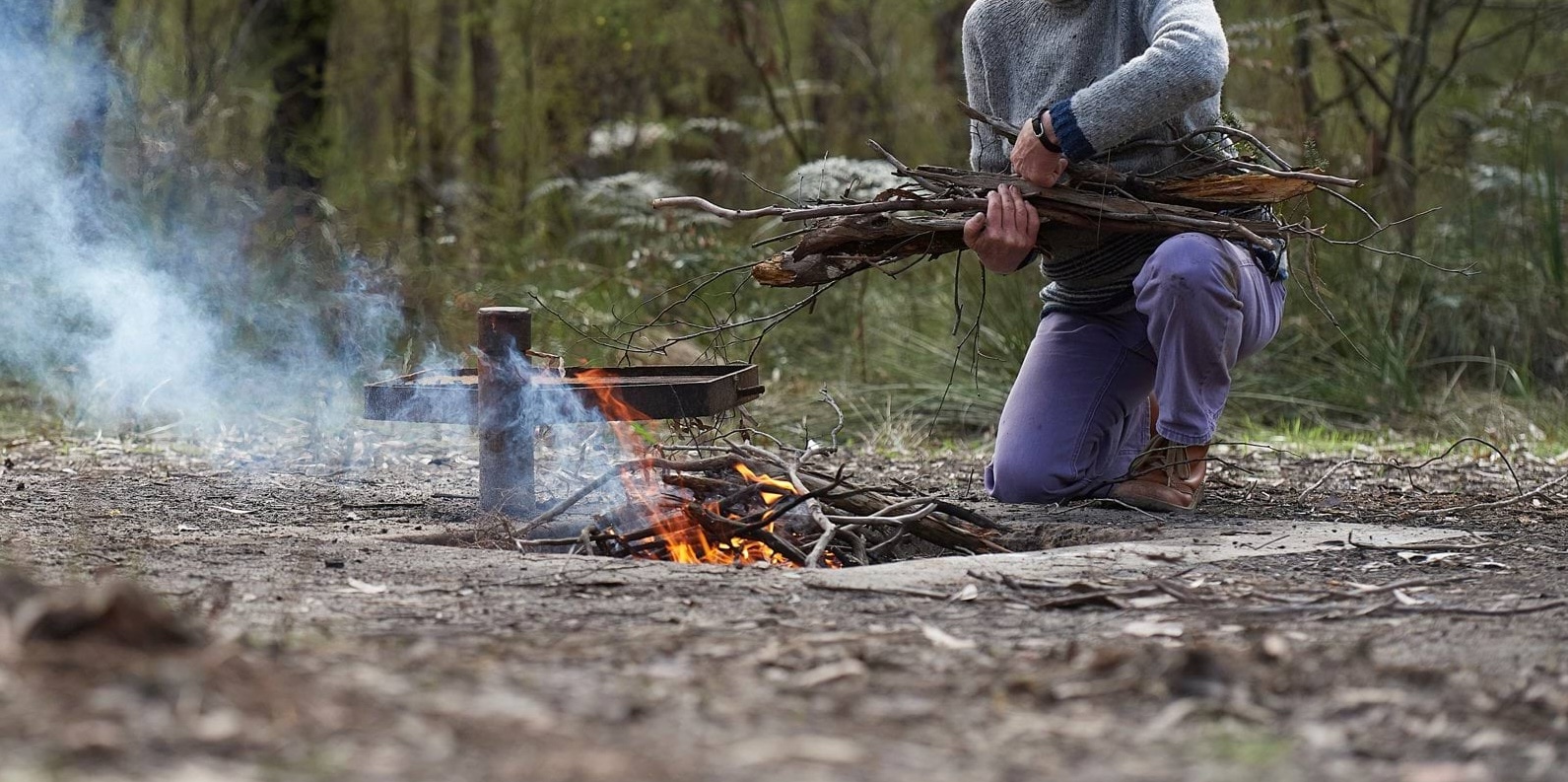

Supporting effective wastewater management on Lake Eildon
Lake Eildon is one of Victoria’s great landmarks and is recognised for its recreational and lifestyle activities. Lake Eildon is the only inland waterway in Victoria where houseboating is permitted, and is home to over 700 non-commercial houseboats.
Daily activities on houseboats such as preparing meals and washing dishes lead to food waste entering houseboats greywater, which is currently discharged into Lake Eildon. This contaminated water potentially contains pathogens (such as bacteria and viruses) that may pose health risks if ingested by houseboaters or other lake users. Furthermore, high levels of food waste in greywater may increase the maintenance and servicing requirements of greywater treatment systems on houseboats. Any steps that houseboaters can take to reduce food scraps and oils and grease from entering the lake are important to preserve this wonderful destination.
To support the Victorian government’s review and remaking of the Houseboat Regulations, the Department of Energy, Environment and Climate Action (DEECA) engaged BehaviourWorks Australia to understand current wastewater generation and management practices of houseboat occupants, and design practical solutions to support effective wastewater management.
What did we do?
Our initial work with DEECA was to identify the range of behaviours that houseboat users might engage in to reduce water pollution at Lake Eildon. To better understand how privately-owned houseboats on Lake Eildon are used, and what this means for the wastewater that is generated, we then surveyed 273 anonymous houseboat owners. To further understand key actions to manage wastewater on houseboats and their challenges, we conducted in-depth interviews with randomly selected houseboat owners. In a subsequent phase of work, we ran a focus group with houseboat owners to discuss opportunities for better managing food waste on houseboats.
What did we find?
We found that people are taking active steps to reduce pollution in wastewater such as:
- Scraping food scraps into bins: 95% of the time;
- Wiping oily dishes with a paper towel: 76% of the time; and
- Using ‘green’ cleaning products: 73% of the time.
However, occupants experienced a number of challenges in managing their food waste. Through a series of collaborative research activities, we arrived at five behaviourally-informed practical solutions to help occupants overcome challenges and reduce food waste from entering Lake Eildon. These included providing houseboat owners with:
- Small food waste bins to keep and be emptied into compost bins;
- Small food waste bins to exchange via a swap-and-reward program;
- Sink strainers in kitchens and bathrooms;
- Paper towelling and holders; and
- Compost, recycling and general waste bins at key locations at marinas.
Feedback from houseboat owners on these solutions revealed:
- Participants most valued the idea of compost, recycling and general waste bins at key locations, given it is what they are used to when managing waste at home or work.
- Some potential challenges with a swap-and-reward program for small food waste bins (e.g., cleanliness of the bins provided, rewards may not motivate houseboat owners).
Recommendations
Based on the current research, a multifaceted approach is recommended to support houseboaters to manage their wastewater effectively/reduce food waste entering greywater. Further consideration of the feasibility of small food waste bins and composting systems and how they could be implemented is needed.
Find out more about DEECA’s current review of the houseboat regulations - including summaries of the social research:
Houseboating on Lake Eildon
Exploring practical solutions
Research snapshot
Photography credit: Mike Dalmau
Related projects

Have a project for us?
We'd love to help you unpack the problem. Get in touch.







